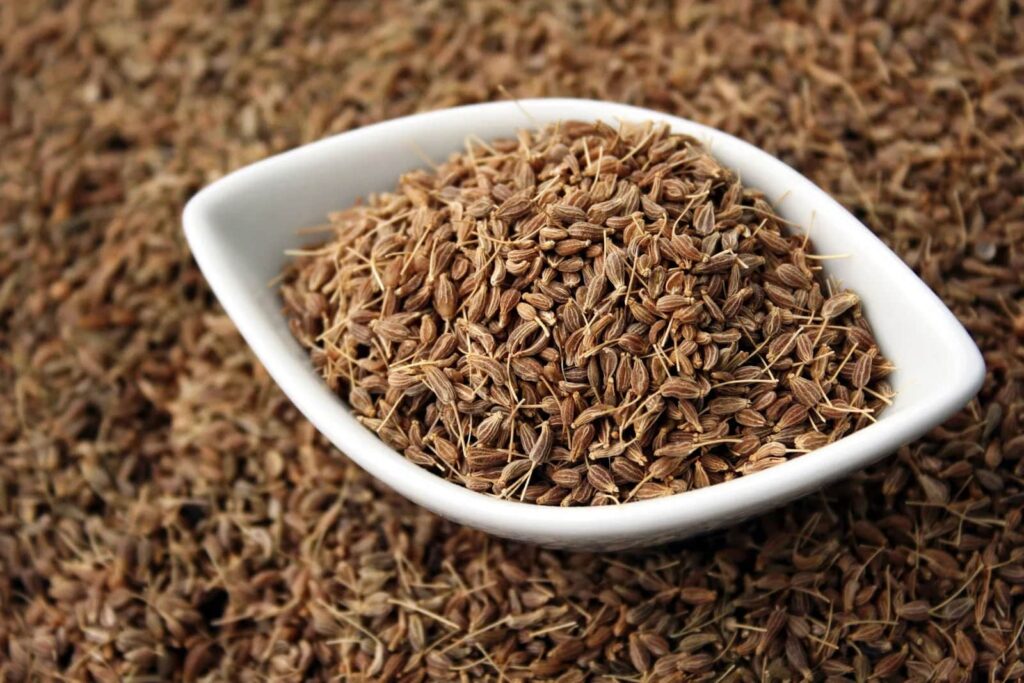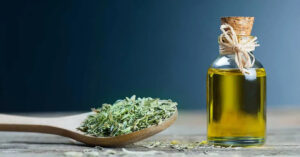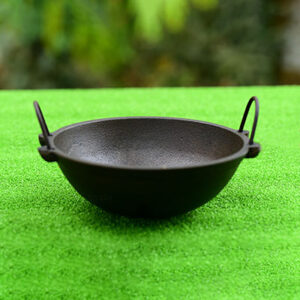Anise seeds, scientifically known as Pimpinella anisum, are small, oval, and ridged seeds with a distinct sweet and licorice-like flavor. They have been used for centuries in various cuisines, traditional medicines, and cultural practices. Known for their unique taste and wide range of health benefits, anise seeds are now popular globally for culinary and therapeutic purposes.

Origin and History of Anise Seeds
Anise seeds have a long and storied history that spans over 4,000 years. Native to the Mediterranean region and parts of Southwest Asia, anise was highly valued by ancient civilizations, including the Egyptians, Greeks, and Romans, for its medicinal and culinary uses. Ancient texts suggest that the Egyptians used anise as early as 1500 BCE as a remedy for digestive issues and as an ingredient in religious offerings.
In Roman culture, anise seeds were believed to aid digestion and were often served after feasts to prevent bloating and indigestion. By the Middle Ages, anise had spread throughout Europe and was used in a variety of ways, from cooking to medicinal tinctures. In 1305, anise was even one of the first herbs taxed in England due to its high demand and value.
Today, anise seeds are cultivated worldwide, especially in countries like Turkey, Egypt, Spain, and Mexico, where the climate is ideal for this fragrant plant. The continued popularity of anise speaks to its enduring benefits and versatile uses.
Nutritional Composition and Key Nutrients in Anise Seeds
Anise seeds are rich in several essential nutrients, including calcium, iron and various other crucial vitamins, minerals, and antioxidants. The important constituent nutrients are :
Key Nutrients
Protein: About 18 grams per 100 grams, contributing to tissue repair and muscle growth.
Dietary Fiber: Contains approximately 15 grams per 100 grams, aiding in digestion and promoting satiety.
Carbohydrates: Around 50 grams per 100 grams, providing a source of energy.
Fats: Contains about 15 grams per 100 grams, mainly healthy unsaturated fats.
Vitamins and Minerals
Vitamin C: An antioxidant that promotes skin integrity and immunological function.
Vitamin B6: Contributes to mood management and cognitive function.
Calcium: Vital for healthy bones and muscles.
Iron: Aids in energy synthesis and blood oxygen transfer.
Magnesium: Promotes bone health, neuron function, and muscle relaxation.
Potassium: Helps control blood pressure and maintain fluid balance.
Other Compounds
Anethole: The primary active compound, responsible for the licorice-like flavor and many of the health benefits associated with anise.
Flavonoids and Polyphenols: Powerful antioxidants that protect against cell damage.
Health Benefits of Anise Seeds
The compounds in anise seeds, especially anethole, are associated with a range of potential health benefits. The anise seeds offer the following health benefits :
Digestive Health
Anise seeds have traditionally been used to soothe digestive issues like bloating, gas, and indigestion. Their carminative properties can help relax the stomach muscles, alleviating discomfort and promoting digestion.
Respiratory Health
Anise seeds have natural expectorant properties, which make them useful in treating coughs, colds, and congestion. Anise tea is often consumed for its ability to soothe irritated airways and reduce symptoms of respiratory ailments.
Hormonal Balance
The phytoestrogens in anise seeds mimic the action of estrogen in the body, which may help alleviate symptoms of hormonal imbalances, especially in women going through menopause. Studies have shown that anise can help reduce hot flashes, mood swings, and other menopausal symptoms.
Antimicrobial and Antifungal Properties
Research has shown that anise seeds exhibit strong antimicrobial and antifungal properties. Specifically, anethole has proved successful in preventing the growth of fungus like Candida albicans and bacteria like E. coli and Staphylococcus aureus.
Pain Relief and Anti-Inflammatory Effects
Anise seeds have mild analgesic and anti-inflammatory properties that can help alleviate pain and inflammation. They’re especially beneficial for relieving symptoms of arthritis and other inflammatory conditions.
Blood Sugar Regulation
Some research studies have pointed out that anise may have properties to regulate blood sugar levels. The anethole in anise seeds has been shown to improve insulin sensitivity, which can be beneficial for individuals managing diabetes.
Potential Side Effects and Precautions
While anise seeds offer numerous benefits, they may have some potential side effects, especially if consumed in large amounts or by individuals with specific sensitivities. Here are some of the primary concerns:
Allergic Reactions
Some individuals may be allergic to anise, particularly those who are allergic to other herbs in the Apiaceae family, such as fennel, celery, and parsley. Skin rashes, itching, and breathing problems are possible symptoms.
Hormonal Effects
Because anise has estrogenic properties, it may not be suitable for individuals with hormone-sensitive conditions, such as breast cancer, ovarian cancer, or endometriosis. It’s best to consult a healthcare provider before using anise in such cases.
Blood Sugar Levels
While anise can help regulate blood sugar, individuals with diabetes should monitor their blood sugar levels closely when consuming anise seeds, as it may interact with diabetes medications.
Pregnancy and Breastfeeding
Pregnant and breastfeeding women should use anise with caution, as there is limited research on its safety for these populations.
How to Incorporate Anise Seeds into Your Diet
Anise seeds are versatile and can be used in various ways, from teas to desserts. Here are some popular methods:
Anise Tea: Simply steep a teaspoon of crushed anise seeds in hot water for 5-10 minutes.
Spice Blends: Anise seeds can be added to spice mixes like garam masala or used as a seasoning in Mediterranean and Middle Eastern dishes.
Baking: Anise is commonly used in baked goods, adding a unique flavor to breads, cookies, and cakes.
Infused Oils: Crush anise seeds and mix them with olive oil to create a flavorful dressing or marinade.
Delicious Recipes Using Anise Seeds
Here are two easy recipes that showcase the unique flavor of anise seeds:
Recipe 1: Anise Tea
Ingredients:
1 teaspoon anise seeds
1 cup boiling water
Honey or lemon (optional)
Instructions:
To extract the flavor, lightly crush the anise seeds.
Add the seeds to a cup and pour boiling water over them.
Cover and let steep for 5-10 minutes.
After straining, taste and add lemon or honey.
Recipe 2: Anise Seed Cookies
Ingredients:
1 cup flour
½ cup sugar
½ cup butter (softened)
1 tablespoon anise seeds
1 teaspoon baking powder
1 egg
Instructions:
Preheat the oven to 350°F (175°C).
Cream the butter and sugar until fluffy.
Add the egg and mix well.
Mix the flour, baking powder, and anise seeds in a another basin.
Slowly introduce the dry ingredients into the butter mixture and stir it well.
Place the dough on a baking sheet after rolling it into tiny balls.
Bake for 12-15 minutes or until golden.
Frequently Asked Questions
Q: Can anise seeds help with weight loss?
A: Anise seeds contain fiber and compounds that may promote satiety and boost metabolism, aiding in weight management. However, they should be part of a balanced diet for effective results.
Q: Are anise seeds safe for children?
A: Anise seeds can be used in small amounts for children, particularly in tea to soothe digestion. Always consult with a pediatrician before introducing new herbs to a child’s diet.
Q: Can I consume anise seeds daily?
A: Moderate daily consumption, such as in tea or seasoning, is generally safe. However, excessive intake should be avoided, particularly for individuals with allergies or hormone-sensitive conditions.
Q: Is star anise the same as anise seeds?
A: No, star anise (Illicium verum) and anise (Pimpinella anisum) come from different plant families. Though they share a similar flavor profile due to anethole, they are distinct spices with different uses.
Q: Do anise seeds have caffeine?
A: No, anise seeds are naturally caffeine-free, making them a suitable choice for those avoiding stimulants.
Reference : http://www.mayoclinic.org







